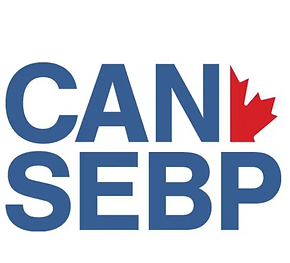
Want to access materials about criminal justice?
Here are just a few of the numerous resources that our members have made accessible to ASPA-CJ!

The CopDoc Podcast
Can-SEBP Knowledge Incubator
This podcast is based on lectures from Dr. Laura Huey's advanced course on policing at the University of Western Ontario. With a focus on current topics in policing and crime prevention research, listeners will receive an introduction to topics ranging from COMPSTAT to passive deterrence. Course notes and Instructor powerpoints can be found at lhuey.net
Tedx Video: Reforming Criminal Justice Without Ever Changing the Law
Jordan Richardson presets the laws related to criminal justice reform. In his talk, Jordan highlights many of the issues regarding the United States' criminal justice system, especially the societal burdens of mass incarceration. He provides suggestions of new innovation and methods that can be used by the general public to improve the criminal justice system without needing to change the law.



The Civil Review Podcast
Welcome to The Civil Review Podcast! Your hosts, Angelica Wedell and Jessie O' Brien from Polco, will be talking about everything civic participation and local government related on the program. The National Research Center (NRC) at Polco, our in-house data science center, provides analyses on timely subjects, the findings of community surveys, and other information. For the past 30 years, NRC has conducted surveys around the country. For insights from surveys, data analytics, and simulations in one user-friendly online platform, thousands of government leaders rely on Polco.

Justice Today Podcast
Office of Administration
The Office of Administration furthers the Criminal Division's mission by providing operational support in the areas of Finance, Procurement, Information Technology, Litigation Support, Human Resources, Budget Planning & Analysis, International Operations Support, Records, Correspondence, Building Maintenance and Security to the Division's employees in Washington, DC, field locations throughout the United States, and in approximately 60 countries around the world


